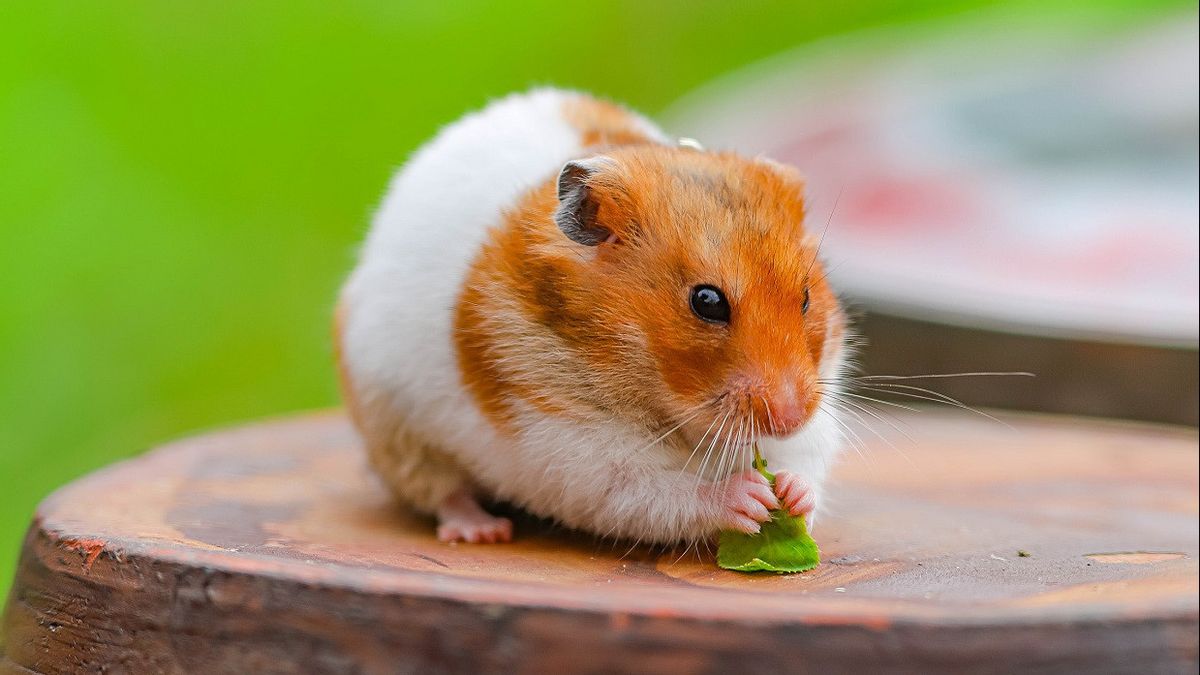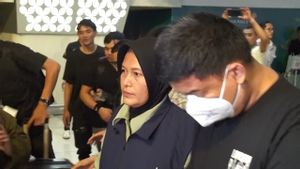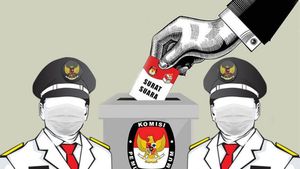JAKARTA - Thousands of people in Hong Kong have voluntarily flocked to adopt unwanted hamsters, after local authorities issued mass culling orders over COVID-19 concerns, raising alarms that panicked owners might abandon their pets.
Authorities on Tuesday ordered 2.000 hamsters from dozens of pet shops and storage facilities to be culled, after tracing the coronavirus outbreak to a worker at the Little Boss pet shop, where 11 hamsters later tested positive for COVID-19.
Scientists around the world and Hong Kong's health and veterinary authorities said there was no evidence yet that animals played a major role in the transmission of the coronavirus in humans.
But, after implementing a zero-tolerance policy for COVID-19, Health Minister Sophia Chan said on Tuesday she cannot rule out the possibility of contagion and therefore the government cannot take the risk.
Soon after, health workers in hazmat suits were seen walking out of pet shops around town, carrying red plastic bags into their vans. About 150 petshop customers were sent to quarantine.
Public broadcaster RTHK said several hamster owners were seen handing over their animals at government facilities in the New Territories. Meanwhile, groups quickly formed on social media, to identify new owners of unwanted pet rodents.
Ocean, 29, a hamster owner and administrator of the 'Hong Kong the Cute Hamster Group' on social media app Telegram, said the group was contacted by nearly 3.000 people willing to take care of the unwanted animal on a temporary basis.
Three young owners were pressured by their families to get rid of their pet hamster, even though they had all cared for it for more than half a year, said Ocean, who declined to give his last name for fear of angry reactions from those who supported the culling.
"Many pet owners are unfamiliar with the actual risks and give up their hamsters," he explained, citing Reuters on January 21.
Separately, Bowie, 27, one of those who volunteer in the group, is now the owner of two new hamsters.
"This is ridiculous. Animal life is also life. Today it could be a hamster or a rabbit, tomorrow it could be a cat or a dog," said Bowie, who already has three other hamsters.
Meanwhile, the Society for the Prevention of Cruelty to Animals (SPCA), which runs veterinary clinics, told Reuters "many" concerned pet owners had contacted them for advice.
"We urge pet owners not to panic or abandon their pets," the SPCA said in a statement.
The SPCA lists ways to maintain strict personal hygiene for human and animal safety, including never kissing, coughing, or snorting near pets and washing hands after handling them.
It is known that the average lifespan of a hamster is about two years, according to animal welfare groups.
SEE ALSO:
In addition to ordering the culling, authorities are asking dozens of pet shops to close, while the import and sale of small mammals is halted. Buyers of hamsters after December 22, 2021, are asked to hand them over to the authorities, to be culled and not left on the streets.
The authorities set up a hotline for the investigation. It is not clear how many hamsters have been handed over.
Vanessa Barrs, professor of companion animal health at City University of Hong Kong said the move to culling hamsters for sale was justified on the grounds of protecting public health, but the fear of infection in the home was overblown.
"Millions of people around the world have pets, and there have been no proven cases of pets transmitting the infection to other humans. The theoretical risk exists, but that's not the case," Barrs said.
The English, Chinese, Japanese, Arabic, and French versions are automatically generated by the AI. So there may still be inaccuracies in translating, please always see Indonesian as our main language. (system supported by DigitalSiber.id)


















